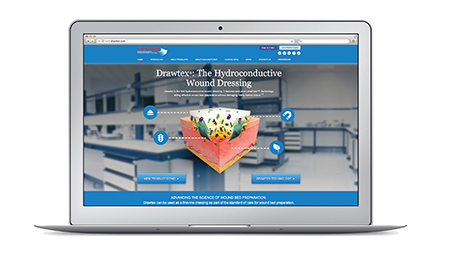GCG Marketing president Neil Foster runs his agency with a simple philosophy: do great work, and the clients will follow.
“You provide superior service and great creative,” he says. “If you can do those two things your business will grow organically, and typically, without a whole lot of external new business efforts.”
This line of thinking isn’t reserved solely for the agency’s clients, but the staff too. “Your product is your people. If you provide a great place to work, great culture, and great clients to work for—that’s what attracts and retains people,” Foster shares. “No matter how much a client is worth, if the team that works on the account doesn’t enjoy working with them—and they’re not appreciated—it’s pointless in the long term.
“We integrate people, too—we don’t departmentalize,” he says of the agency’s work environment.
Over the past year, he’s seen some success with this approach. The agency added six new clients, grew revenue by 20% and brought on four new employees—bringing its headcount to 23.
Foster tempers expectations for the future, however, saying he wants to keep the agency’s growth at a tenable pace. “I think we’ve done a nice job of being able to grow in a way that doesn’t have a negative impact on our business from a service standpoint.”
What has had an impact on services, he says, is a shift to strategy. “Clients more and more these days want out-of-the-box tactical ideas and also want us to be even more involved from a strategic standpoint.”
He even goes so far as to say it’s redefining how the industry understands advertising agencies. “That’s what’s tough about the term ‘advertising agency,’ in my mind. That traditional way of thinking has gone away. Now, clients are looking for strategic partners and for agencies to come up with ideas that are outside these conventional creative campaigns.”
Leading the charge with some of these less traditional services is oncology, Foster says. “Oncology is where a lot of research and development is happening, and its new drug pipeline is the most robust—on top of that, that’s where a lot of the new technology is—we’re pushing hard to break into this area.”
While oncology may be an attractive segment for agencies, with extensive investment barreling down its pipelines, Foster cautions that managed care, and generics, will put a damper on the industry overall.
“It’s been a problem that there are fewer and fewer branded drugs out there—there’s a lot more generic competition across every specialty and drug,” he says. “It seems like the patent life continues to shrink for a lot of products. The life cycle management plan gets shorter and shorter because of generic competition,” he adds. “Managed care is going to be a big challenge; just trying to get the right products filled at the pharmacy is still an obstacle, and it’s going to become a bigger challenge.”
From the July 01, 2014 Issue of MM+M - Medical Marketing and Media







